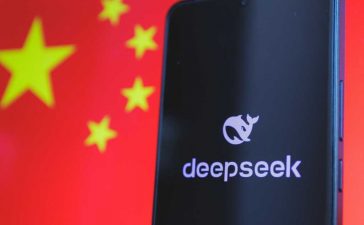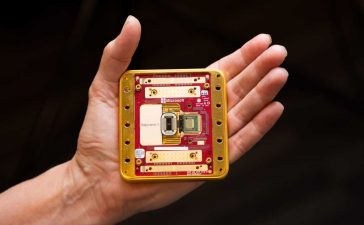From a more holistic perspective, everyone I worked with kind of came from the agency world like 72andSunny, Wieden & Kennedy, and Droga 5. Those were all my bosses, and they made a lot of the seminal ads that I grew up seeing and that I thought [to myself] “Oh, there’s something you can do—interesting things in the advertising space.” A lot of the people who worked on those ads that shaped me were my creative directors and my bosses, so I got to learn directly from them and pick their brains.
It was my first job out of college. So, I learned a lot about how to be an adult there and navigate a professional workplace. But I also learned from a technical level—a lot of the screen stuff that I ended up implementing into DiDi like how to tell a story via screens, how to take these cold interfaces and infuse them with humanity and emotion, what different buttons mean when you put them in the right context.
The internet—a little mundane and extremely emotional
I wanted to portray [the internet] in a way that felt honest to how I remember using the internet, and how I think people use the internet even today.
There’s a lot of emotion to mine through a screen and all these interfaces that we use every day. I wanted to revisit this period that I felt hadn’t been captured accurately in movies because we never knew as filmmakers how to integrate our screens into like stories until the technology completely changed.
And so, it felt like a unique opportunity to try to showcase the internet in a way that was how this kid would have used it. It’s him sitting in front of his computer typing and [it’s] kind of boring. You can hear him breathe. It’s a little mundane and extremely emotional. Friendships are being forged and broken. You’re talking to your crush and it can feel very high stakes. But you zoom out and what is the actual action? He’s sitting at his computer screen hunched over. If you put the camera on the screen where all the action is taking place, then it becomes its canvas. I wanted to put the camera on the computer and make that all come to life and it feel just as human and emotional as an incredible performance on an actor’s face.
The biggest difference is back then, you could sign off of the internet and then go live your life. You didn’t have gnawing anxiety of “Is anybody talking to me? Is anybody liking my photos? Is anybody paying attention to me?” You were not on the internet. But now your internet is just always on. It’s in your pocket. If you are not on Instagram, it’s still there. People can message you, people can like your stuff, and people can comment on it. So, you’re never really offline. You’re chronically online. That is the shift that has happened for a decade and a half.













